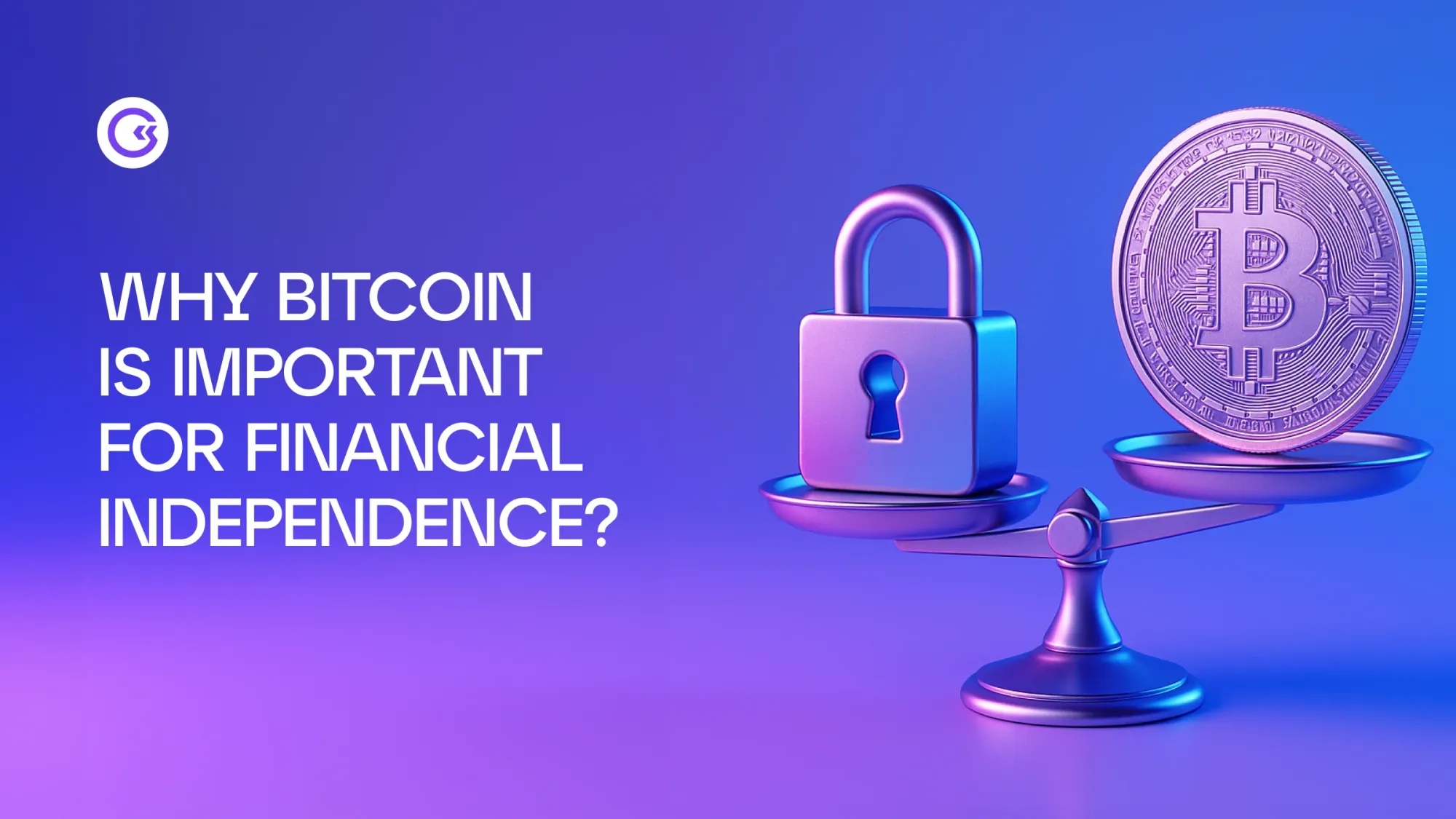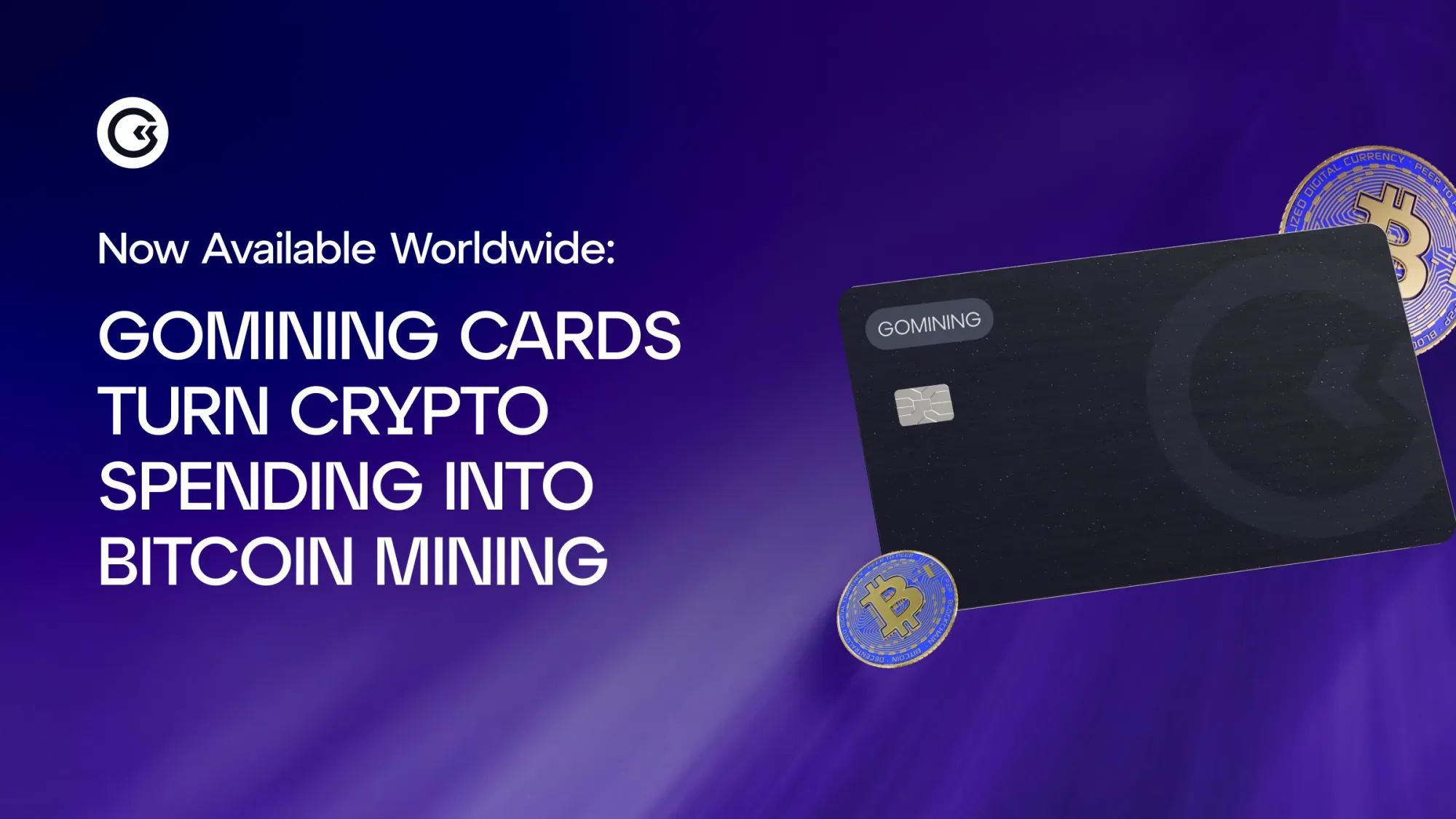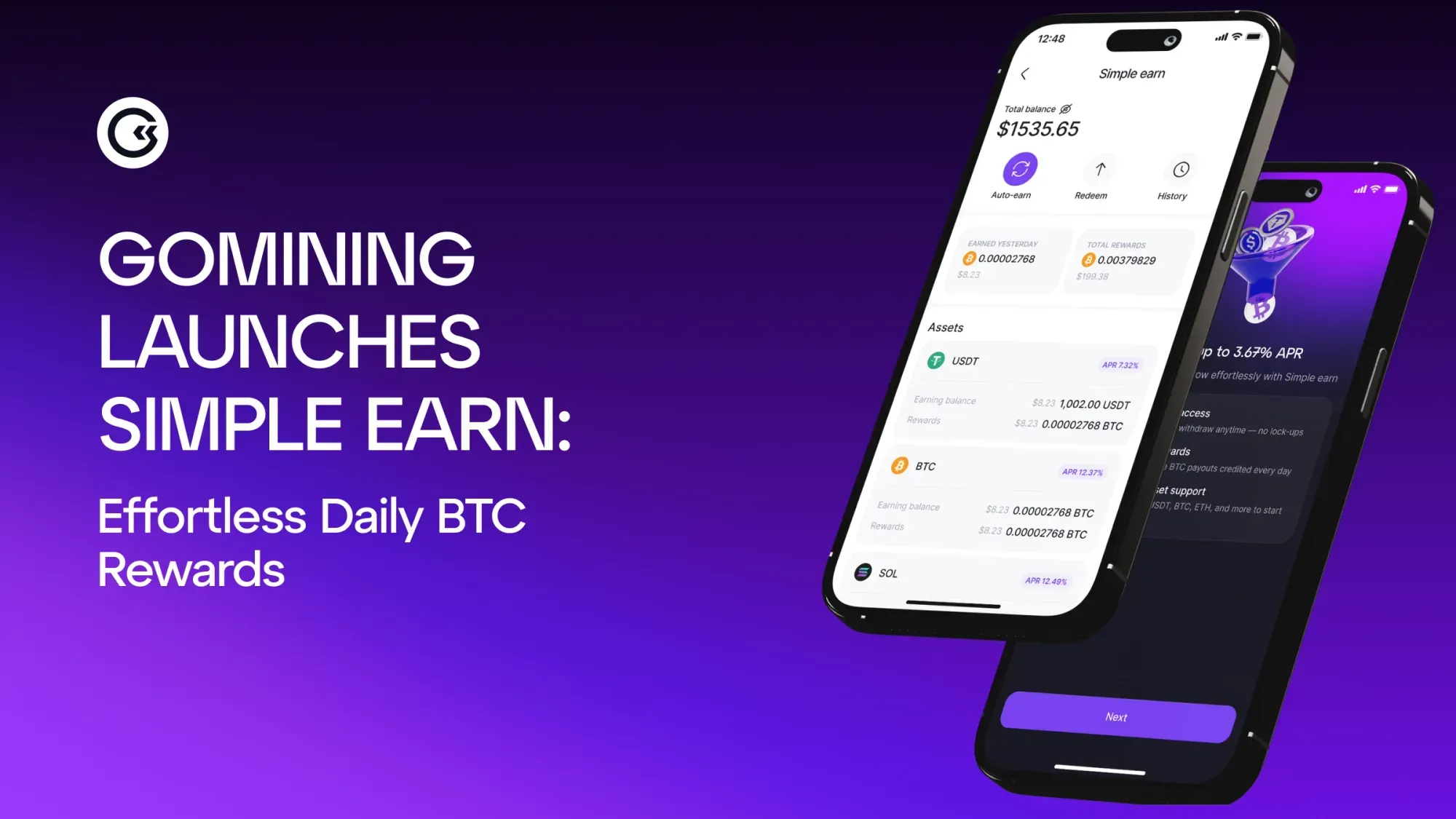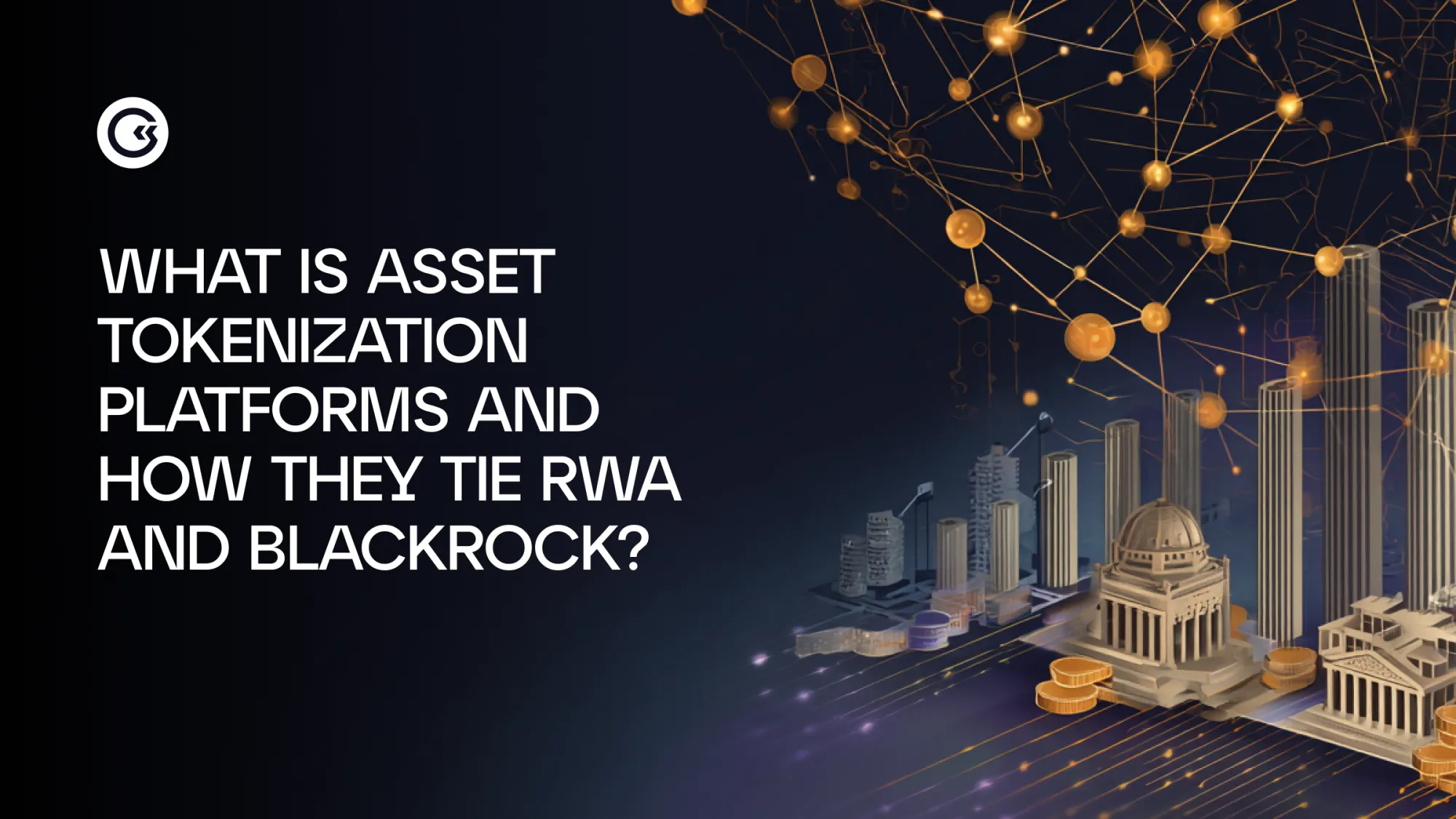Introduction
Bitcoin financial independence starts with a simple idea: controlling your money instead of letting others decide how you can use it. Financial independence has long meant saving consistently, building streams of income, and reducing reliance on traditional banks. Yet in practice, many people find these doors closed, blocked by inflation that erodes savings or by middlemen who decide who gets access. Around the world, more individuals are discovering Bitcoin as a tool that aligns with their need for freedom, security, and self-sovereignty, turning the pursuit of independence into a global movement.
Understanding Financial Independence
To understand why people link bitcoin financial independence to their future, it helps to look at how independence is defined in traditional finance. At its core, it means reaching a point where your savings, assets, and streams of passive income cover your living costs without constant reliance on wages.
For decades, this goal has been pursued through bank accounts, pensions, and financial products meant to promise stability. Yet these systems often fall short. Inflation steadily reduces the value of stored money, access to fair services is restricted in many regions, and middlemen decide fees, terms, and even who qualifies for participation.
In wealthier nations these barriers are inconvenient, but in less developed regions they can be life-limiting. Families without formal identification are excluded from opening accounts, workers in unstable economies watch their earnings lose value within months, and migrants face punishing transfer costs just to send money home.
For millions, the very tools meant to create independence remain locked behind gates they cannot pass. This reality explains why global inequality drives so many to look beyond conventional structures. It is not a rejection of financial independence itself but a demand for systems that deliver it more fairly, with fewer restrictions on who gets to participate.
How Bitcoin Supports Financial Independence
Bitcoin provides practical tools for people seeking control over their financial future. Where traditional systems depend on banks, borders, and policies, Bitcoin offers a framework built on autonomy, transparency, and global access. These qualities make it uniquely suited to support financial independence in ways conventional money cannot.
Decentralization and Self-Custody
Bitcoin removes the need for banks to control your access to money. With a Bitcoin wallet, you—not a financial institution—hold the keys. Unlike traditional accounts that can be frozen, limited, or burdened with fees, wallets put ownership and control directly in the hands of the user.
Hedge Against Inflation
A fixed supply of 21 million coins means Bitcoin cannot be inflated by policy decisions. This scarcity contrasts with fiat currencies that can be printed endlessly. Over time, Bitcoin’s limited supply has positioned it as a long-term store of value, giving people confidence that their savings won’t quietly erode with each passing year.
Borderless Access
Bitcoin transactions can travel across borders in minutes, with only minimal network fees and no arbitrary restrictions. For the unbanked — more than a billion people worldwide — this is a practical lifeline, opening participation in the global economy without needing a traditional bank account.
Sovereignty and Censorship Resistance
No government or institution can dictate who may send or receive Bitcoin. This censorship resistance protects individuals from overreach and ensures freedom to transact under any regime. In places where financial expression is stifled, Bitcoin provides a channel for autonomy and survival.
Advantages of Using Bitcoin for Independence
Bitcoin is more than a digital currency: it carries qualities that strengthen personal autonomy and help people safeguard their future. These advantages stand out when compared to the limitations of conventional financial systems.
Transparency and Security of Blockchain
Every Bitcoin transaction is recorded on a public ledger that is designed to be permanent and tamper-resistant. This transparency builds trust, while the cryptographic design of the network makes it resistant to fraud and cyber threats.
Protection Against Fiat Currency Collapse
History shows that national currencies can sometimes lose value very quickly, even overnight. Because Bitcoin is not tied to any central bank, it offers a protective alternative when fiat money weakens or fails.
Opportunities for Passive Growth via Long-Term Holding
By holding Bitcoin over time, people aim to benefit from its scarcity, which has historically supported appreciation, though outcomes can vary. This approach doesn’t require constant market activity, making it a practical method for building long-term resilience.
Independence from Centralized Financial Crises
When banks face instability or entire economies fall into crisis, users who self-custody Bitcoin remain outside those shocks. This independence provides peace of mind because your access to funds is not dictated by the health of a single institution, though it also requires careful security practices.
Risks and Challenges
While Bitcoin offers powerful tools for independence, it also carries risks that every user should recognize. Understanding these challenges helps people make informed choices and avoid common pitfalls.
Price Volatility and Market Cycles
Bitcoin’s price can swing sharply within short periods. These cycles are normal in emerging assets, but they can unsettle those who expect steady growth.
Security Risks
With self-custody comes responsibility. Losing private keys means losing access forever, and poorly secured wallets can be targets for hacks.
Lack of Legal Protection in Disputes
Unlike banks, Bitcoin transactions are irreversible. If a mistake is made or a fraud occurs, there is no central authority to appeal to for recovery.
Psychological Risks
Emotional decisions often lead to selling low in panic or holding on in fear. Building discipline and perspective is as important as technical knowledge when managing Bitcoin over the long term.
Governments also play a role in shaping Bitcoin’s risk landscape. In some countries, regulations remain unclear or change suddenly, creating uncertainty for users who rely on Bitcoin for daily needs. Tax rules, reporting requirements, or outright restrictions can complicate adoption. While regulation may eventually bring clarity and security, the current patchwork adds another layer of risk that newcomers must understand before depending fully on Bitcoin.
Case Studies: Bitcoin and Personal Freedom
For many, Bitcoin is not an abstract idea but a lifeline. In countries facing hyperinflation, like Venezuela or Argentina, families use it to escape the collapse of local money. A modest salary saved in bolívars may vanish within weeks, but converting to Bitcoin preserves value long enough to buy food, pay rent, or secure medicine. Stories of parents shielding their children’s future by moving savings into Bitcoin are becoming increasingly common.
Elsewhere, activists rely on Bitcoin when their access to traditional funding is cut off. NGOs operating under restrictive regimes can still receive support, even when bank accounts are frozen. Transparent records on the blockchain help reassure donors that funds reach the right hands, turning censorship resistance into a lifeline for entire movements.
For freelancers in regions with limited banking, Bitcoin opens new possibilities. A developer in Nigeria or a designer in the Philippines can be paid directly, skipping delays and punishing fees that eat into earnings. That freedom allows them to work globally without waiting for local financial systems to catch up.
Even small entrepreneurs have found stability by holding earnings in Bitcoin during economic turmoil, then later channeling those funds back into their work when conditions improved. For them, Bitcoin has acted both as a safety net and as a springboard, showing how financial freedom can move from survival to growth.
For NGOs, Bitcoin has proven more than a fundraising tool. During crises, when bank wires were blocked or accounts frozen, organizations have used Bitcoin to pay staff and deliver aid directly to communities in need. Freelancers share similar stories: a designer in Latin America once described waiting weeks for an international payment, but with Bitcoin she was able to receive her wages in minutes, keeping her household afloat.
Bitcoin vs Other Assets for Financial Independence
For generations, financial independence has been tied to assets like gold, stocks, and real estate. Each carries value, but also limitations. Gold is trusted as a hedge against currency collapse, yet it is heavy to store and costly to transport. Stocks provide access to corporate growth, but they are tied to markets that can be manipulated by central policies or large institutions. Real estate builds wealth slowly and tangibly, but entry requires significant capital, and liquidity is often limited.
Bitcoin introduces a new dynamic. It combines some of the resilience of gold with the accessibility of digital money. Unlike physical assets, it is borderless: a wallet can hold value equal to bars of gold, but it can be carried on a smartphone and moved worldwide in minutes. Its digital nature also makes it highly divisible, enabling both large and micro transactions without friction.
Still, Bitcoin does not have to replace traditional assets. Many people find value in a complementary approach, blending real estate for stability, stocks for growth exposure, gold for legacy resilience, and Bitcoin for portability and independence. In that mix, Bitcoin often plays the role of the most flexible and inclusive pillar, giving individuals control across borders and circumstances.
The Future of Bitcoin and Individual Autonomy
Bitcoin’s role in financial freedom is still unfolding, but clear trends already point toward greater autonomy for individuals worldwide.
Retirement Planning and Digital Savings
As people seek alternatives to fragile pension systems, Bitcoin is being explored as a long-term savings tool by many individuals. It offers independence from shifting government policies and the erosion of fiat value, acting as a parallel pillar alongside traditional retirement funds.
Everyday Freedom with the Lightning Network
The Lightning Network enables near-instant, low-cost payments. This makes Bitcoin usable not just for saving but for daily transactions like groceries, transport, or online services—bringing financial freedom into ordinary life.
Integration with DeFi
By connecting to decentralized finance, Bitcoin can be used with smart contracts for lending, borrowing, or earning yield, all while users maintain control of their private keys. This points toward a fully self-sovereign financial stack.
Toward Legal Recognition
Governments are beginning to debate formal recognition of Bitcoin in retirement accounts or as legal tender. If broader acceptance arrives, it could strengthen Bitcoin’s role as both a personal savings option and a civic safeguard for autonomy.
Conclusion
Bitcoin has proven itself more than a digital experiment. Across different contexts, it consistently shows its potential to support financial independence by giving people control over savings, access across borders, and resilience when traditional systems falter.
Yet technology alone is not enough. Success depends on individuals learning how to use it wisely, protecting their wallets, and approaching it with realistic expectations. With knowledge and care, Bitcoin can serve as a compass pointing toward greater independence, but education and discipline remain the map that makes the journey possible.
Further Reading
- Bitcoin and financial independence — OSL Academy
- How Bitcoin supports financial freedom — The Giving Block
- Crypto and financial independence — Kriptomat
- Take control of your wealth with Bitcoin — OSL Academy
- Bitcoin explained — Investopedia
- What is Bitcoin? — Coinbase Learn
- Cryptocurrency basics — NerdWallet
- Bitcoin, blockchain, and crypto insights — PwC
- Bitcoin and authoritarian regimes — TIME
- Learn about Bitcoin — CoinDesk
FAQ
How does Bitcoin give people financial independence?
Bitcoin lets individuals control their money directly without relying on banks or middlemen. By holding their own wallet, people decide how and when to use their funds, with global access that isn’t limited by borders or gatekeepers.
Is Bitcoin safer than banks?
Safety depends on how it is used. Banks provide legal protections and customer service, while Bitcoin gives users full control through self-custody. This means you are protected from freezes or restrictions, but you must also manage your own security carefully.
Can Bitcoin protect me from inflation?
Bitcoin has a fixed supply of 21 million coins, which makes it resistant to inflation caused by money printing. While its price can be volatile in the short term, many people use it as a way to preserve purchasing power over longer periods.
How do I securely hold Bitcoin for long-term independence?
The safest method is to use a non-custodial wallet where you control the private keys. Hardware wallets are often recommended because they store keys offline. Always back up recovery phrases and keep them in a secure, private location.
What are the risks of relying on Bitcoin only?
Relying solely on Bitcoin exposes you to price volatility, potential loss of keys, and lack of legal recourse in case of mistakes. Many users balance Bitcoin with other assets or savings to reduce these risks.
Is Bitcoin a realistic path to financial independence for everyone?
Bitcoin can be a powerful tool, especially in regions with weak banking systems or high inflation. However, it is not a guaranteed solution for all. Education, responsible use, and a diversified approach are important for building sustainable independence.
October 13, 2025












